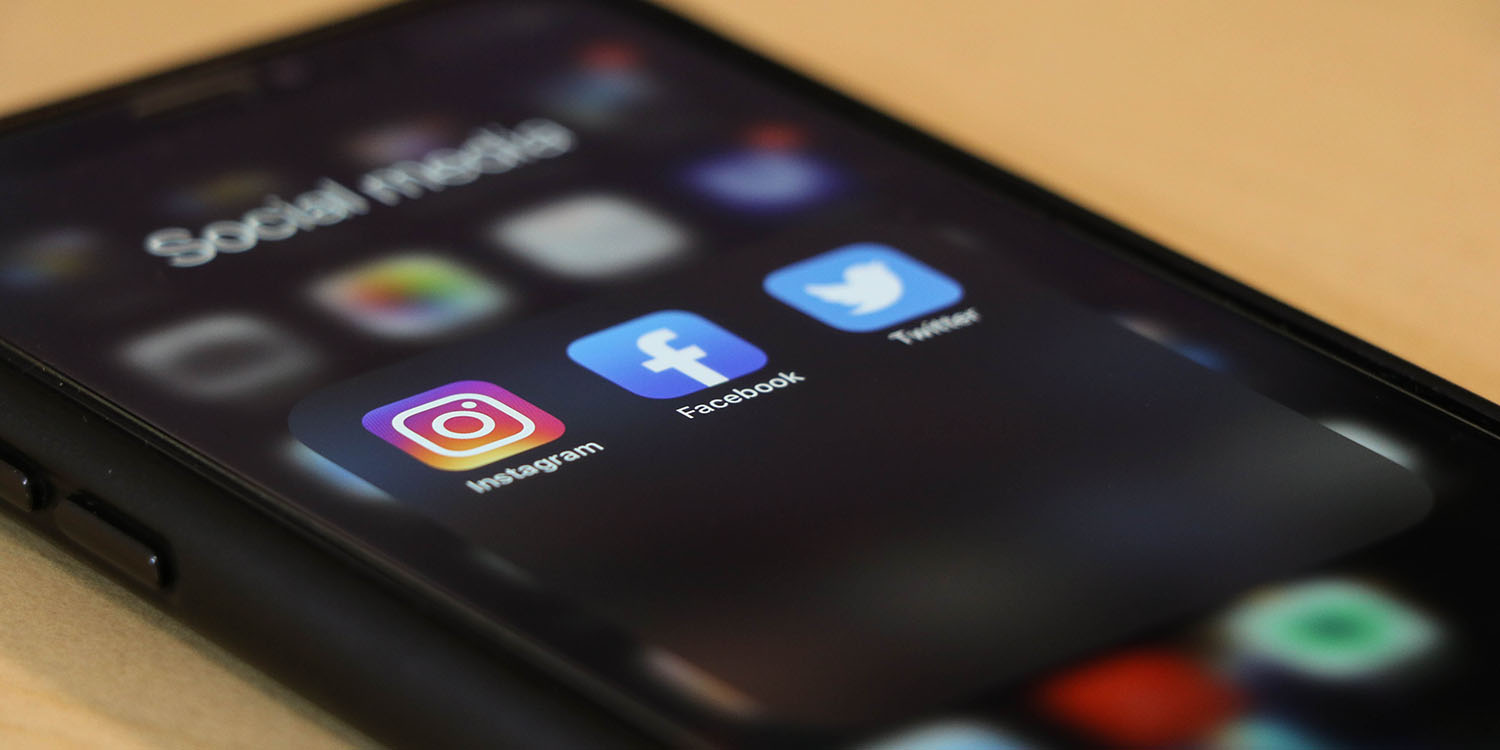
The First Amendment doesn’t protect developers from lawsuits alleging that apps like Instagram and TikTok led to social media addiction among teenagers, a US district judge has ruled …
Teenage addiction to social media apps
There have been numerous studies linking excessive smartphone usage in general – and social media apps in particular – to various forms of harm.
For example, in 2019 a meta analysis of 41 separate studies concluded that Problematic Smartphone Usage, aka smartphone addiction, should be considered a psychiatric condition.
A 2021 study showed that almost 40% of college students used their smartphones at a level that affected their sleep, with likely implications for both study performance and health.
In the same year, the WSJ obtained copies of internal research at Meta showing that Instagram was “toxic” for teenage girls.
While some academics take issue with the phrase “smartphone addiction,” Apple CEO Tim Cook acknowledged as long ago as 2018 that technology can be overused.
Lawsuits cannot be dismissed
Hundreds of separate federal lawsuits have been filed against Instagram’s Meta, TikTok’s Bytedance, Snap, Discord, and app store owner Google, alleging that they knowingly engaged in practices likely to lead to teenage addiction to social media apps.
The companies banded together to ask that all these cases be dismissed, on two grounds. First, Section 230 of the Communications Decency Act, which says that companies are not responsible for user-generated content until they have been notified that it contravenes either the law or their own rules. Second, the First Amendment, which protects the right to free speech.
Bloomberg Law reports that a judge has now ruled on this, rejecting a blanket ban, and saying that each case must be heard on its merits.
US District Judge Yvonne Gonzalez Rogers in Oakland, California, dismissed some of the claims, which also target Snap Inc. and Discord Inc., while allowing others to proceed. The many cases have been grouped together for Rogers to oversee.
In a 52-page ruling Tuesday, the judge rejected the companies’ arguments that they are immune from personal injury claims under the Constitution’s First Amendment and Section 230.
Both sides came under fire by the judge, however.
Rogers dismissed product liability claims in which the companies were accused of design defects, including publishing location information for minors and failing to limit certain content. The judge also criticized both parties for an “all-or-nothing” approach in their legal arguments, which she said “does not sufficiently address the complexity of the issues facing this litigation.”
We last month learned of a proposed NY law, which would require kids to get parental permission to use apps with algorithmic feeds. This would include TikTok, YouTube, Instagram, and more.
FTC: We use income earning auto affiliate links. More.





Comments